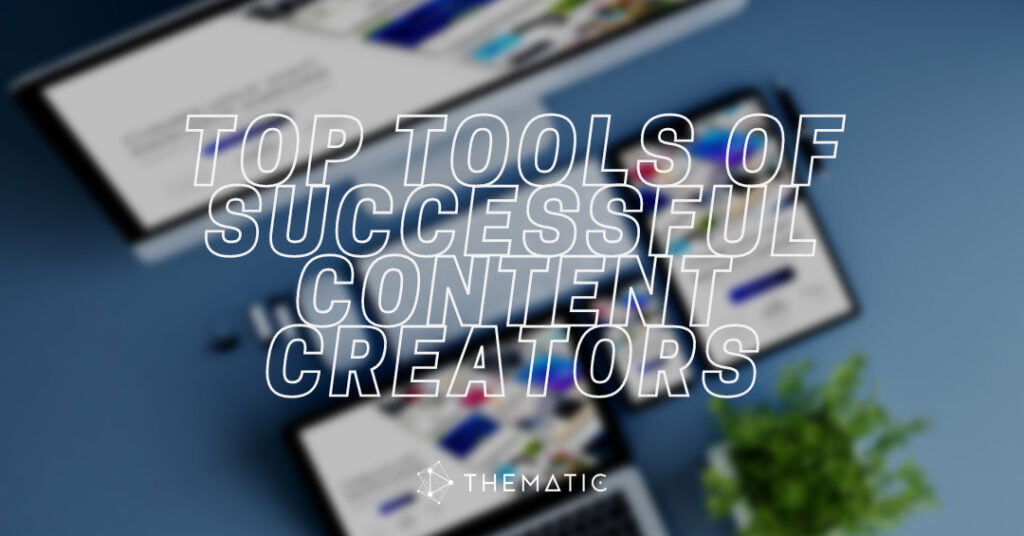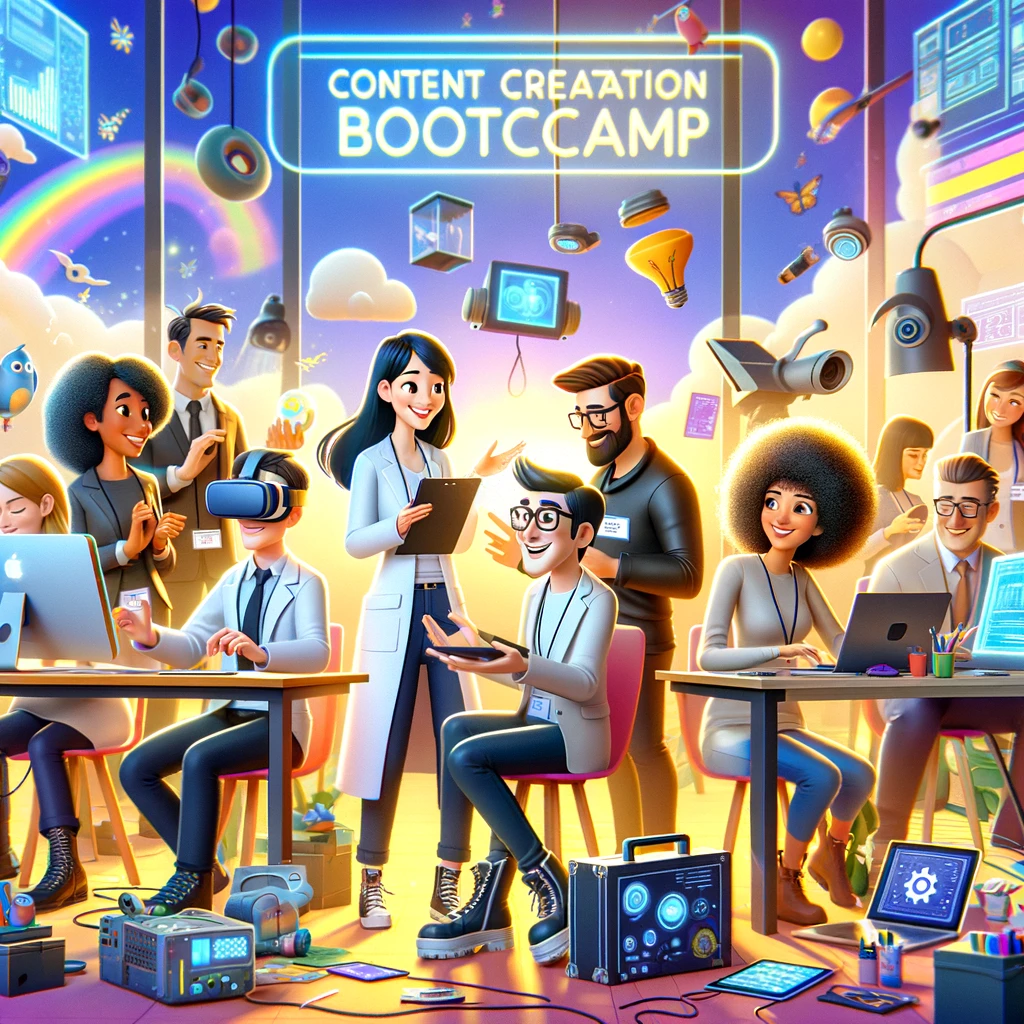Competitive Landscape Digital Content Creation Tools Unreal Blender 3dsmax
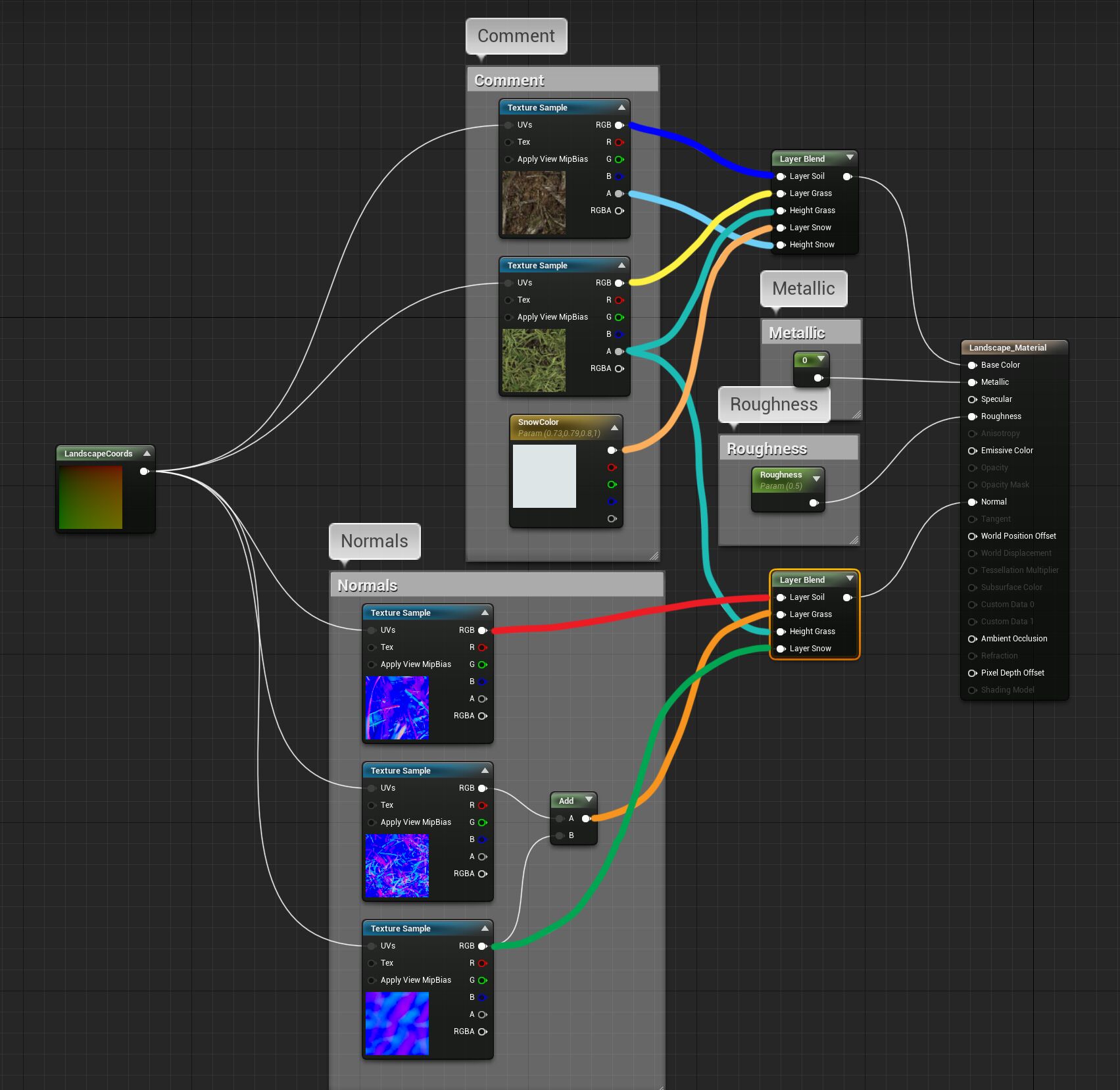
The digital content creation (DCC) landscape is undergoing a seismic shift as Unreal Engine, Blender, and 3ds Max battle for market dominance. This intense competition is forcing rapid innovation and redefining industry standards.
The DCC tools market is a multi-billion dollar industry powering everything from video games and film to architectural visualization and product design. The fierce rivalry among these software giants has profound implications for creators, studios, and the future of digital media.
The Players: A Head-to-Head
Unreal Engine: The Real-Time Revolution
Epic Games' Unreal Engine is a real-time 3D creation tool known for its photorealistic rendering and powerful scripting capabilities. Originally designed for video games, it has expanded into film production, architectural visualization, and virtual reality experiences.
Unreal Engine's adoption has surged in recent years, fueled by its free-to-use model (with royalties applied after certain revenue thresholds) and its user-friendly interface.
This accessibility and robust feature set have attracted a broad range of users, from indie developers to major Hollywood studios.
Blender: The Open-Source Disruptor
Blender is a free and open-source 3D creation suite that offers a comprehensive toolset for modeling, animation, rendering, and compositing. Its open-source nature allows for community-driven development and extensive customization.
Blender's increasing popularity is driven by its powerful features, cost-effectiveness, and active community support.
The Blender Foundation's development fund, supported by donations from individuals and corporations, has enabled significant improvements and new features, making Blender a formidable competitor to commercial software.
3ds Max: The Industry Standard
Autodesk's 3ds Max has been a staple in the DCC industry for decades, particularly in architectural visualization, game development, and visual effects. It is known for its robust modeling tools, extensive plugin ecosystem, and integration with other Autodesk products.
3ds Max offers a wide range of features and is particularly well-suited for complex projects requiring a high degree of precision and control. However, its subscription-based pricing model can be a barrier to entry for some users.
Autodesk continues to invest in 3ds Max, adding new features and improving performance to maintain its position in the market.
Key Battlegrounds
The competition between these tools is playing out on several fronts, including pricing, features, performance, and ecosystem.
Unreal Engine's royalty-based model and Blender's free availability offer significant cost advantages over 3ds Max's subscription-based approach. This pricing pressure is forcing Autodesk to re-evaluate its strategy and offer more flexible licensing options.
Each tool is constantly adding new features and improving performance to attract and retain users. Unreal Engine is focusing on real-time rendering and virtual production workflows, while Blender is enhancing its modeling and animation tools.
3ds Max is leveraging its integration with other Autodesk products and its extensive plugin ecosystem to provide a comprehensive solution for professional users.
Market Share and Trends
While precise market share data is difficult to obtain, anecdotal evidence and industry surveys suggest that Unreal Engine and Blender are gaining ground on 3ds Max.
The rise of real-time rendering and virtual production is driving demand for Unreal Engine, while Blender's growing popularity is fueled by its open-source nature and community support.
According to the Blender Foundation, Blender has seen consistent growth in downloads and active users over the past several years.
Impact on Creators
The intense competition in the DCC tools market is benefiting creators by providing them with more options and driving innovation. Creators now have access to a wider range of tools and workflows, allowing them to choose the software that best suits their needs and budget.
The availability of free and affordable tools like Blender and Unreal Engine is democratizing access to digital content creation, empowering a new generation of artists and developers.
Furthermore, the competition is pushing software vendors to improve their products and provide better support, ultimately leading to a better experience for creators.
The Future of DCC Tools
The DCC tools landscape is likely to become even more competitive in the coming years as new technologies emerge and user expectations evolve. Real-time rendering, AI-powered tools, and cloud-based workflows are expected to play a significant role in the future of digital content creation.
The ongoing battle between Unreal Engine, Blender, and 3ds Max will continue to shape the industry, driving innovation and empowering creators to push the boundaries of digital media.
Monitor industry reports and software updates for ongoing developments.



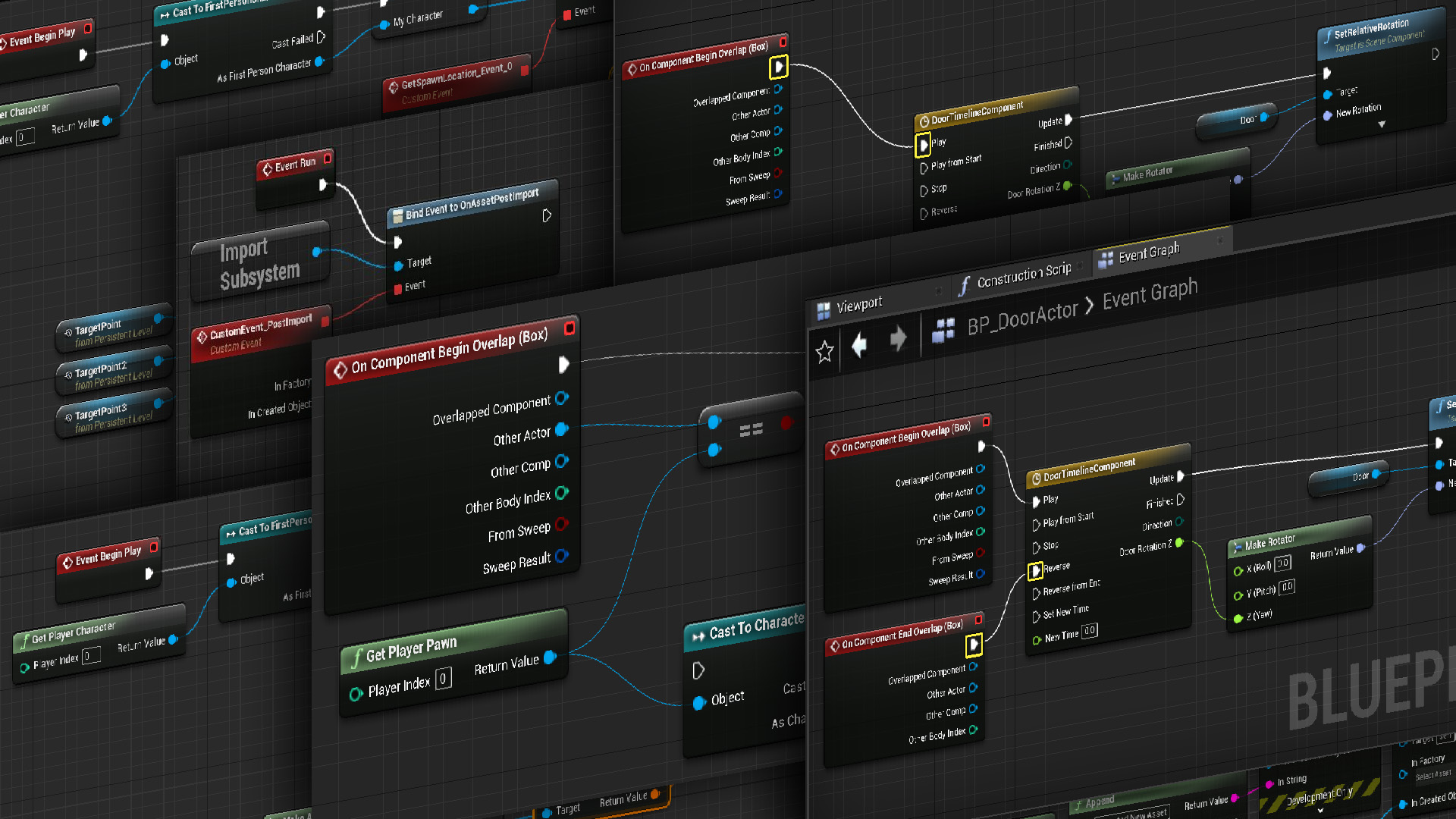

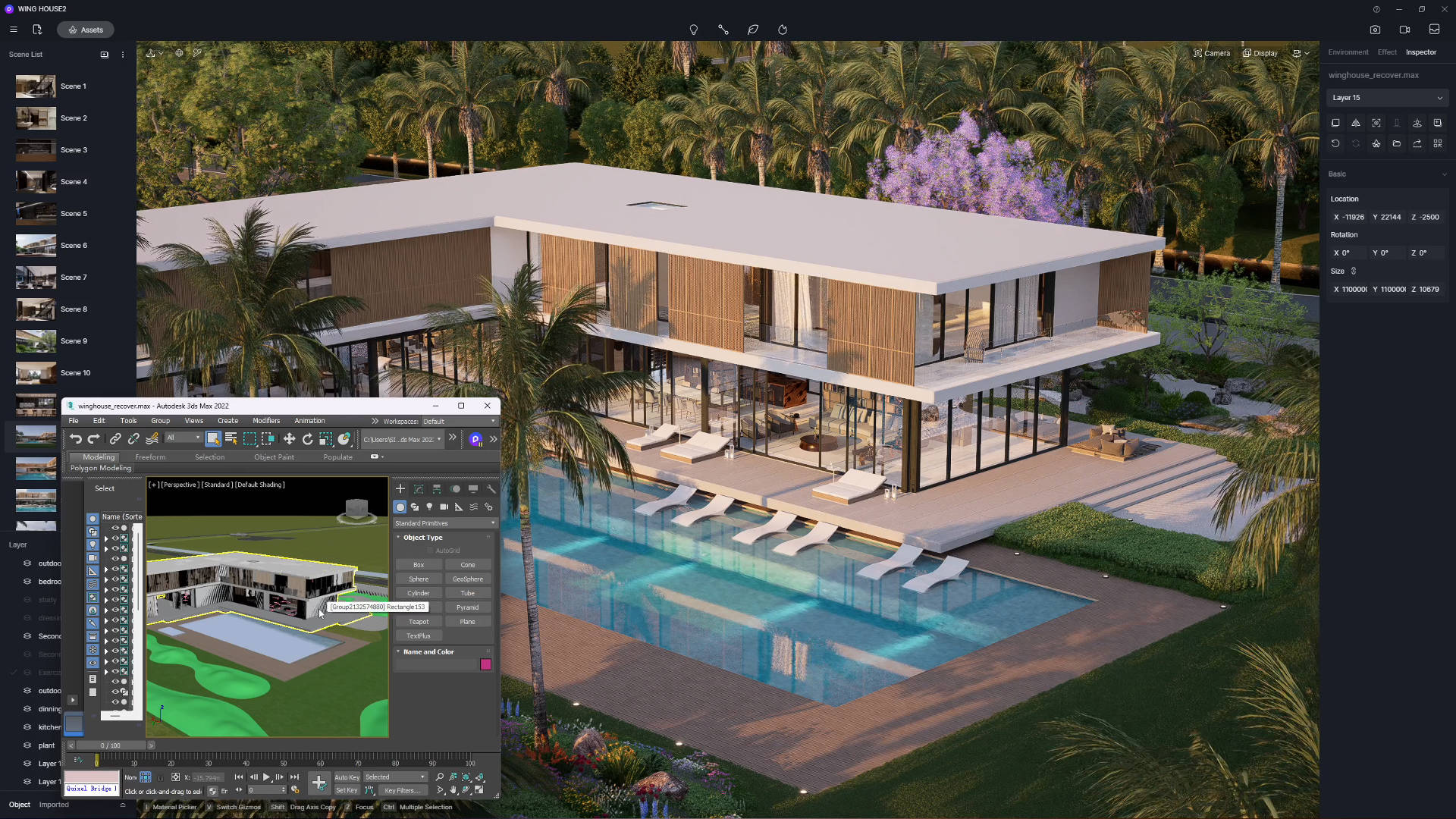
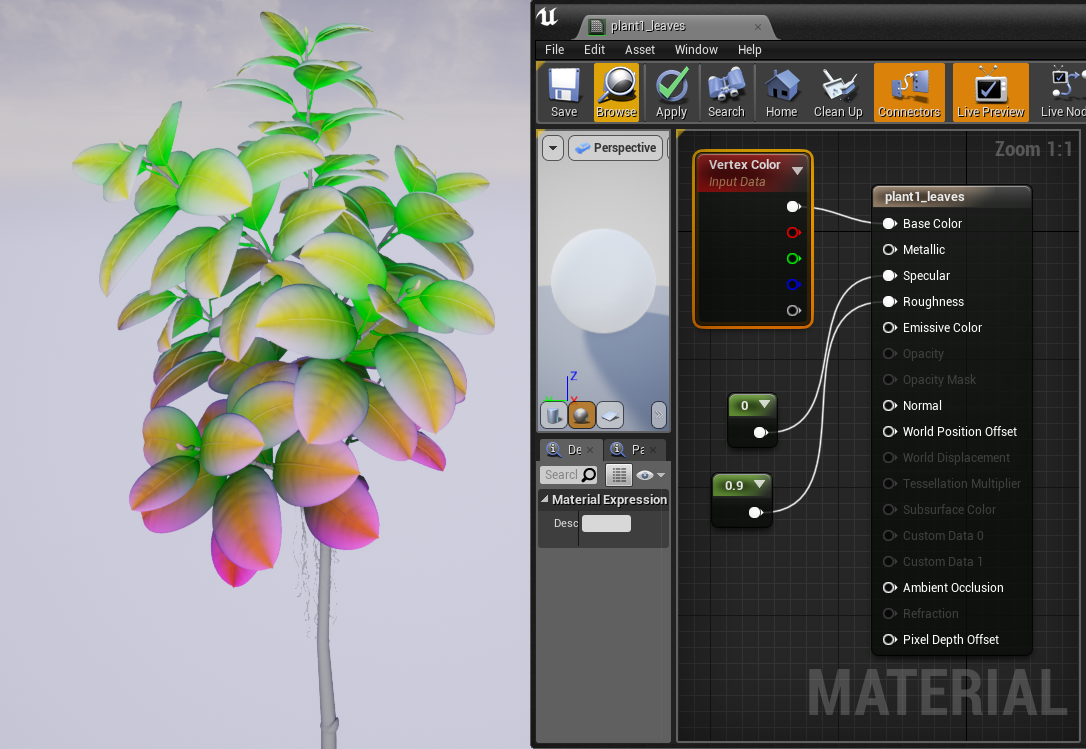

![Competitive Landscape Digital Content Creation Tools Unreal Blender 3dsmax MBT Unreal Engine 5 Rig Creator [$] - BlenderNation](https://www.blendernation.com/wp-content/uploads/2022/11/bbb.jpg)
